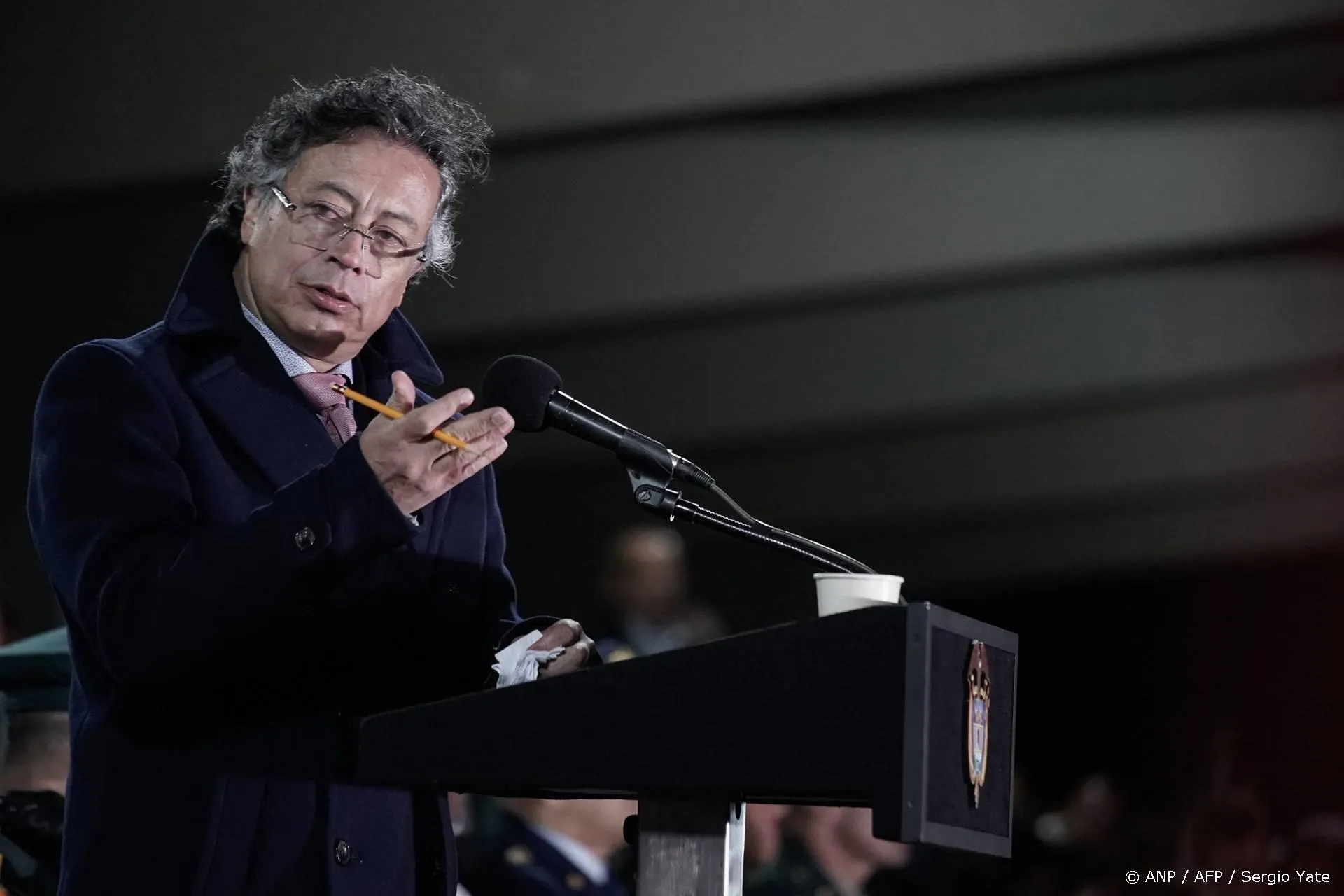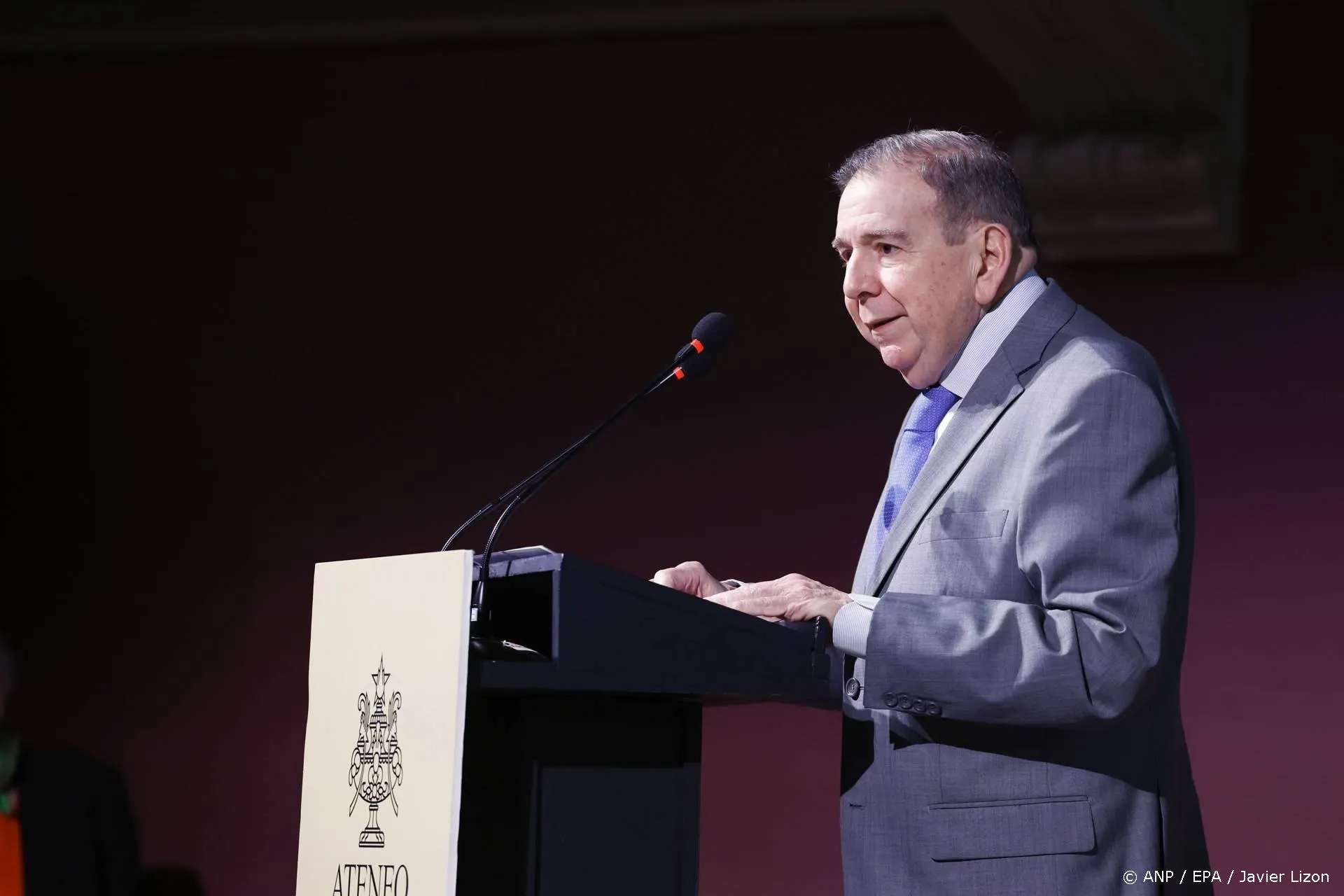Roger Helmer: een witte klimaatraaf in het Europees Parlement

Around the world, the fight against "climate change" and carbon dioxide emissions is costing literally hundreds of billions of dollars - and this at a time when the Western world is ravaged by recession.
We can ill afford these sums. Many scientists think CO2 emissions have a trivial effect on climate, but even those who support the theory of anthropogenic global warming (AGW) generally agree that the efforts we are making will result in changes so small that they cannot even be measured.
Given that China is building a new coal-fired power station every week, with India not far behind, it's a fair bet that CO2 emissions will increase for decades regardless of what we in the West do. If the United Kingdom, for example, were to turn off its economy totally and not burn so much as a candle, China would make up our emissions savings in about 12 months.
Just 70 years ago, at the height of the Battle of Britain, Winston Churchill gave what became perhaps the most famous political speech in British history. Were he here today and able to comment on the great climate debate, he might well be saying, "Never in the field of public policy has so much been spent by so many for so little."
They say there's "a consensus" of scientists who support AGW. But science proceeds by hypothesis and falsification, not consensus. As author Michael Crichton famously put it, "If it's science, it's not consensus. And if it's consensus, it's not science."
We are told that the U.N.'s Intergovernmental Panel on Climate Change (IPCC) represents a consensus of 2,500 experts in the field. Yet when we look at the details, we find that the IPCC process, and especially the Summary for Policymakers, is in the hands of a small group, no more than two or three dozen.
Lees ook
Loading


